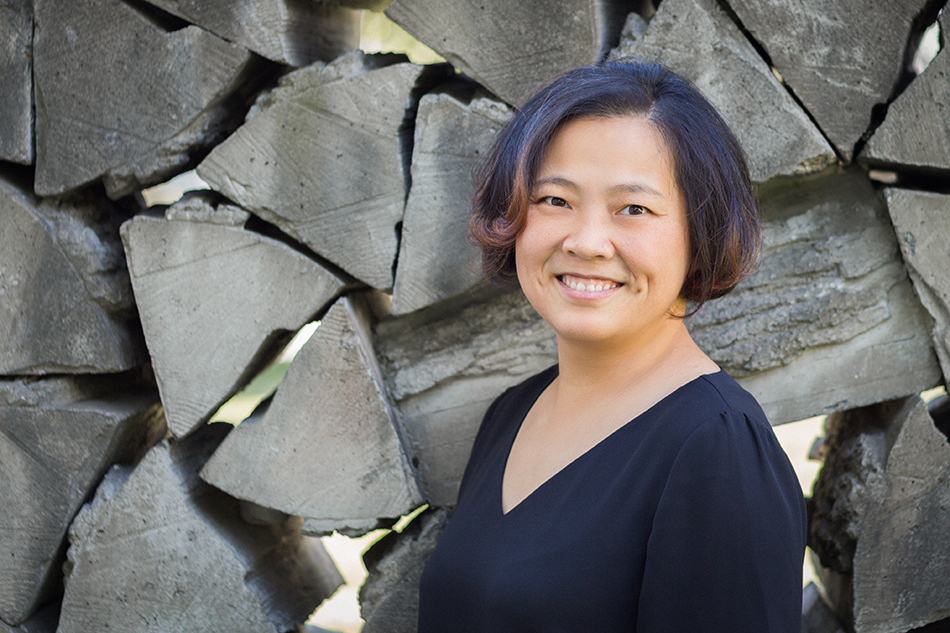UBC's Chinese Language Program can offer a safe space for heritage learners to share similar stories and challenges, as well as an opportunity to connect with this heritage.
That's according to 2019/2020 Killam Teaching Prize winner and director of the program, Dr. Qian Wang. A Language Sciences member and Senior Instructor with the Department of Asian Studies, Wang's research investigates how to improve non-heritage learners' production of tones, including Tone 3. She discusses her work, and the importance of learning a heritage language.
How are heritage and non-heritage courses different? Do the students learn differently?
Heritage and non-heritage learners are different in terms of their language and cultural backgrounds and so their motivations for learning are usually different. As such, it is very beneficial to offer separate streams of courses for these two groups of learners. UBC’s dual-track system of non-heritage and heritage learners was initiated by Dr. Duanduan Li in 2004.
With support from the Department of Asian Studies and Faculty of Arts, UBC’s Chinese Language Program is thriving and has become the largest Chinese program in North America.
Your work investigates non-heritage learners’ acquisition of tones, especially Tone 3 in the learning of Mandarin Chinese. What has your research found?

In learning Mandarin Chinese, one of the first things that learners have to tackle are the four tones, of which Tone 3 is reported as the most challenging. In textbooks, Tone 3 is traditionally presented as a falling-rising contour tone in the shape of a “v”. Learners have a hard time attaching a tone contour on a short one-syllable word. However, some acoustic studies have shown that the main articulatory feature of Tone 3 is actually its tone height as a low tone. Based on this evidence, I used an alternative approach to focus on introducing Tone 3 as a low tone instead of a contour tone. Results showed that this simplified approach increased production accuracy of Tone 3 at the sentence level. The positive effect also extended to the production of unfamiliar words, meaning that this is a more sustainable skill in learning new lexical items with Tone 3.
How difficult is it for non-heritage learners who speak non-tonal languages to learn Mandarin Chinese - will they ever be able to speak perfect Mandarin Chinese?
Learning to speak with tones is a good example of the differences between heritage and non-heritage learners of Chinese. Heritage learners who grow up immersed in a tonal language adapt to the use of tones quite naturally. For non-heritage learners, tones intrigue them but also intimidate them.
As a language teacher, I would encourage all learners to think about your own goals in learning a new language.
If the goal is to become a news broadcaster in that language, you need to be perfect in tones. Otherwise, you can be a perfectly confident Mandarin Chinese speaker with imperfect tones.
How important is it for heritage learners to take Chinese language classes in Canada?
We are fortunate to live and learn in Canada, a country that celebrates diversity and respects multicultural heritage. To recognize and connect with our own heritage is an important step in our social and intellectual development. To learn Chinese as a heritage learner at UBC is one such opportunity. Unlike the memories of never-ending dictation of characters when learning Chinese as a kid, the heritage Chinese language courses at UBC offer a safe place to meet peers who share similar stories and face similar challenges. They also offer a different lens through which to examine your family and the society you live in. Of course you will start to speak better Chinese after taking these courses, but more importantly, you will discover more about yourself and your unique background.
